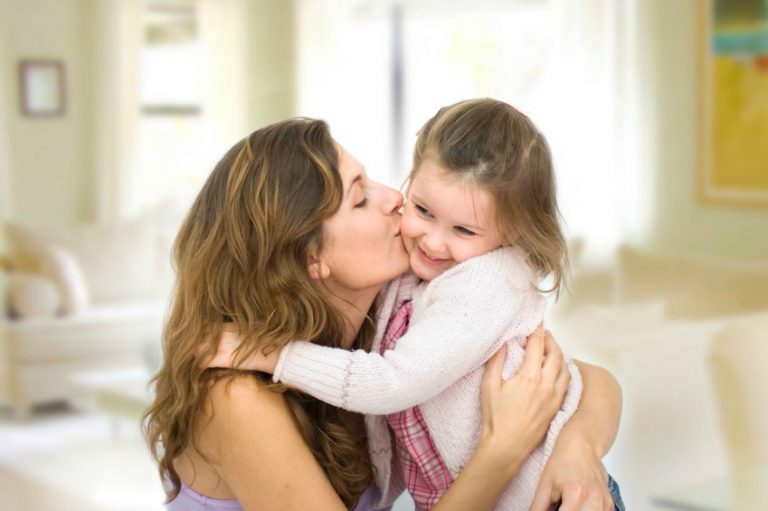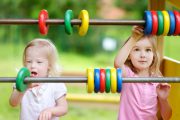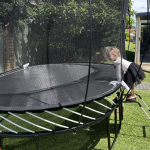Parenting is Harder on Mums Than Dads, Says New Study

No one knows how hard parenting is until they have a baby.
I remember when I was expecting my first baby and had little idea what to expect. There were no warnings that life was going to get busier.
Add baby number two and both my husband and I joked, we thought having one baby was hard.
And then baby three came along and well it’s chaotic, messy, and life is full.
There’s no doubt that parenthood can be both hard on mum and dad, but the age old argument of who experiences the most stress as a parent can now be answered.
According to a new study from Cornell University, parenting is more stressful for mums than dads.
Not particularly ground breaking, considering how much mums do.
The scientific study found women experience emotional stress and strain while spending time with their kids. In most households, women are the primary care givers even when they work full-time. Mums are generally expected to cook meals, clean, bathe kids, discipline kids, calm their tantrums and keep them entertained.
While some dads may do these things, it’s often the mums that do the majority of the work.
Researchers analysed 12,000 parents with children under 18 for the study. The respondents had to share what they were doing and how they were feeling.
Dads are often there for the fun parts of parenting which means the times they spend with their kids have little stress and are more enjoyable. Whereas mums do the basic child-care and chores. The study found mums recorded lower levels of happiness and more stress when being with their children.
The responses didn’t indicate mums don’t enjoy parenting, but the toll on them is exhausting and draining.
Mums always think ahead. They make the shopping lists and take note of the levels of nappies and wipes. They meal plan and stock the freezer. They are the on-call nurse when their child is sick.
In some families, this scenario may not be the case. Many dads stay-at-home to care for their kids and in some families, dads are the primary caregivers to their children. The number of stay-at-home dads in Australia has doubled in the last 10 years. It’s estimated there are 39,000 stay-at-home dads in Australia.
Another family household scenario that rebuffs the study are the families with two full-time working parents who share the chores evenly to run the household.
The Cornell sociologists note though that more is expected from mums. Kelly Musick, co-author of the study explained, “The solution is that we collectively rethink what we expect of fathers and what we expect of mothers.”
If there’s anything to learn from the study, it’s that parenting is full on and time out is required for both mums and dads so they can save their sanity.
It’s also important to ask for help when needed.














